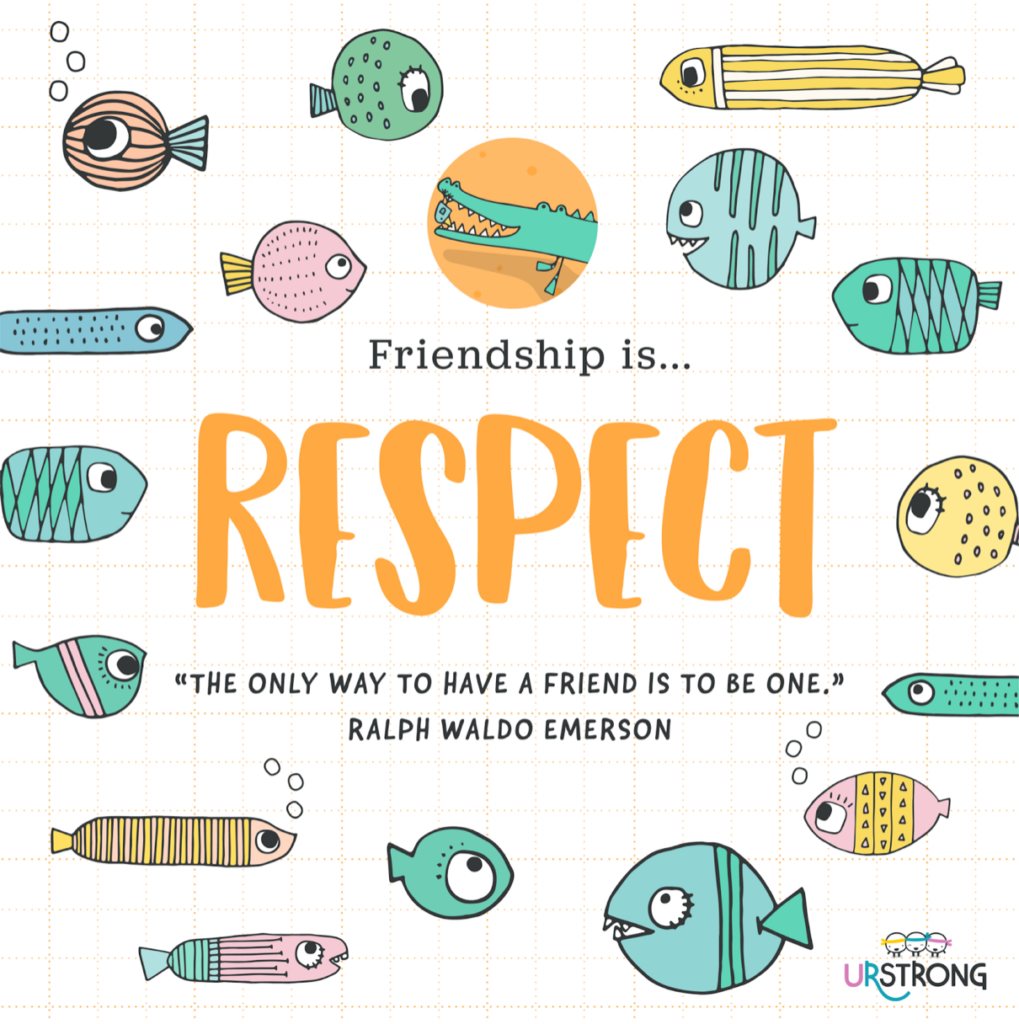Assistant Head of Primary P-4 and Curriculum Leader P-4
Pastoral and Curriculum update
Building respect in friendships
During Pastoral Care in Week 4, students explored one of the two key pillars of strong and healthy friendships: Respect. This followed earlier discussions on Trust, helping students understand how both qualities work hand-in-hand to form the foundation of meaningful relationships.
Students learned that while we all have different thoughts, feelings, and opinions, respect means valuing and accepting others – even when we don’t agree. It’s about listening, being kind, and appreciating our friends for who they are.
These lessons are part of our ongoing commitment to helping students build positive, respectful, and supportive friendships within the classroom and in the broader school community.

National Road Safety Week – learning to stay safe

Following our participation in National Road Safety Week, our students have gained valuable insights into how they can stay safe on and around our roads. Now that the week has concluded, we encourage families to continue reinforcing these important messages at home. Here are a few simple but powerful ways students can keep practicing road safety every day:
- Be a role model: Children learn by watching. Always use pedestrian crossings, obey traffic signals, and avoid distractions like phones when walking.
- Hold hands: Until your child is at least 10 years old, they should always hold an adult’s hand when crossing the road.
- Teach safe crossing habits: Stop, look, listen, and think before crossing. Make sure your child understands to only cross when it’s safe.
- Use footpaths: Encourage your child to always walk on the footpath and stay away from the edge of the road.
- Talk about driveways: Teach children to stop and check for cars before crossing a driveway or laneway.
- Always use school crossings: Remind children to use the supervised school crossing when available, and to wait for the crossing supervisor’s signal before stepping onto the road.
By working together, we can help children develop lifelong habits that keep them safe on and around our roads.
Omoiyari – compassionate thinking in action
Pastoral Time in Weeks 5 and 6 provided students with the opportunity to explore the Japanese concept of omoiyari (思いやり). Often translated as empathy or compassion, omoiyari goes beyond simply understanding others’ feelings. It’s about anticipating the needs and emotions of others and taking thoughtful action — without being asked and without expecting anything in return. The word itself reflects this meaning: omoi (思い) means thought or feeling, and yari comes from yaru (やる), meaning to give or to send. So, omoiyari literally means to give your thoughts to others. Grounded in a deep sense of community and care, it encourages putting others first and showing kindness through even the smallest gestures.
Omoiyari is woven into everyday life in Japan and is a powerful way to build a caring and respectful community. Students learned that even small gestures can have a big impact. Some examples of omoiyari in action include:
- Giving up a seat on public transport without being asked.
- Speaking quietly in shared spaces to avoid disturbing others.
- Bringing an umbrella for a friend if rain is forecast.
- Cleaning up after yourself – and sometimes others – without being told.
- Holding the door open for someone behind you.
- Noticing when someone is feeling left out and inviting them to join in.
- Offering help to a classmate who is struggling with a task.
- Picking up rubbish in the playground, even if it’s not yours.
By practicing omoiyari, students are learning to be more aware of those around them and to take small but meaningful steps to support others. It’s a mindset that helps build stronger friendships, classrooms, and communities.


Curriculum update
Science Lab visits begin for Primary students
Throughout the year, all classes from Years 1 to 4 will have the exciting opportunity to visit the Science Labs on the secondary campus. These visits aim to spark curiosity and deepen students’ understanding of scientific concepts through hands-on learning experiences. The program kicked off this week with Year 1 students investigating the concept of energy. During their visit, they participated in interactive activities that brought their classroom learning to life, focusing on light and sound as different forms of energy.
Lauren Petroni
Assistant Head of Primary P-4 and Curriculum Leader P-4